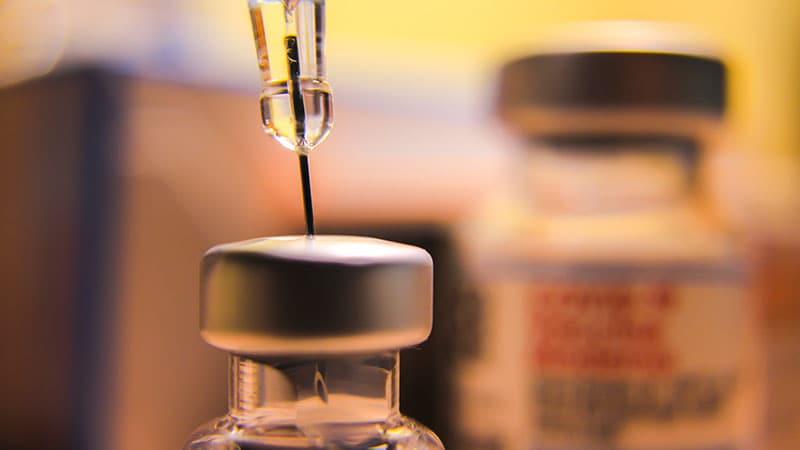Just like you can inherit the shape of your nose from your dad or curly hair from your mom, certain health conditions—like heart disease—can also be a family trait.
Many people don’t know their biological relatives, and there’s no crystal ball into the future for anyone. However, if you do know your family’s medical history—and a lot of them have had heart attacks, strokes, or other cardiovascular problems—you might be nervous about what’s to come.
First, it’s important to know that having a couple of relatives who developed health issues later in life doesn’t mean you have “bad” genes. Some heart problems are “natural in the aging process,” Anu Lala, MD, a cardiologist at Mount Sinai in New York, tells SELF.
Additionally, “family” heart conditions may not be genetic, but rooted in a similar lifestyle. “Families tend to dine together, socialize together, sometimes work together, and certainly live together,” Clyde W. Yancy, MD, chief of the division of cardiology at Northwestern University’s Feinberg School of Medicine, tells SELF.
If your family tree includes heart disease—that is, a close relation, like a parent or sibling, has had a heart attack, stroke, or a heart disease diagnosis before age 60— there’s still reason to be optimistic (and proactive): Healthy lifestyle choices can cut your risk nearly in half, per research published in the New England Journal of Medicine.1
“The ball is mainly in your court—you can make a difference,” John Higgins, MD, a sports cardiologist at McGovern Medical School at UTHealth in Houston, tells SELF.
Here are three ways to prioritize your health if you’ve got a family history of heart disease.
1. Connect with other people.
When you hang out with folks you care about—or even just fire memes back and forth in the group chat—you’re not just getting a quick hit of joy; you’re potentially helping your heart, too. That’s because social isolation and loneliness have been shown to increase your risk for heart problems.2 If you can, Dr. Higgins recommends making time for your inner circle “at least weekly, preferably in person.”
Granted, that might not always be feasible, especially if your favorite people live far away. The good news is that even loose social connections can be beneficial. Meeting up with casual pals, chatting with other parents during school drop-off, or interacting with people at the dog park may also give you a sense of belonging, research suggests.3
There’s an added benefit if the people in your circle also happen to be biologically related to you: Staying in touch with your family can facilitate the kind of knowledge sharing that keeps you healthy and makes your own risk clearer, as SELF has previously reported. Say, for example, one of your parents casually reveals they have an unusually high cholesterol level, or one that skyrocketed at an early age. That might signal a genetic predisposition to heart issues, and you’d want to flag it to a cardiologist or primary care physician ASAP. (If you were adopted, you can still sometimes access your birth family’s health history; get some tips for doing that here.)
Note: This article have been indexed to our site. We do not claim legitimacy, ownership or copyright of any of the content above. To see the article at original source Click Here









.jpg)



